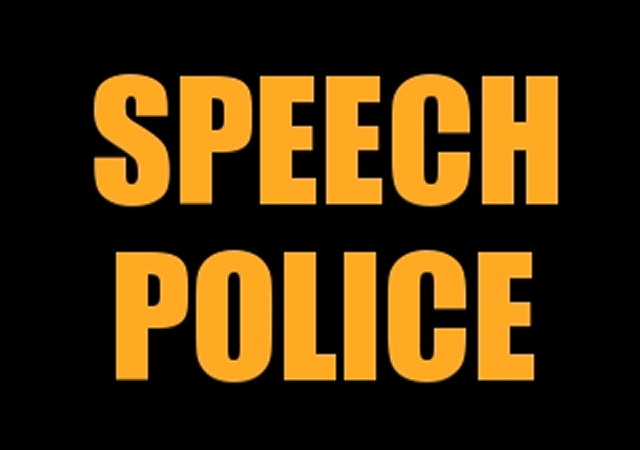Stanford U. Rethinks ‘Harmful Language’ List That Included the Word ‘American’
“Following the backlash, the university hid the website from public view on Dec. 20”

This was one of those times when the public noticed what was happening and reminded the school that what it was doing was not cool. We need more of that.
Inside Higher Ed reports:
Amid Backlash, Stanford Pulls ‘Harmful Language’ List
“This website contains language that is offensive or harmful,” a Stanford University Elimination of Harmful Language Initiative website stated in December. “Please engage with this website at your own pace.”
The initiative, published by the university’s CIO Council and People of Color in Technology affinity group, sought to eliminate racist, violent and biased language in Stanford websites and code. The university was swiftly criticized for suggesting the elimination of words like “American,” “immigrant” and “grandfather,” prompting it first to remove the list from public view and then, weeks later, to pull it from its website entirely.
But Stanford is not alone in seeking to remove harmful language from its college communications. On the contrary—many colleges engage in such practices, though they are less transparent in their practices. Also, some acknowledge that their efforts, which have not engaged their communities, could be seen as performative.
“Parodists have it rough these days, since so much of modern life and culture resembles the Babylon Bee,” the Wall Street Journal editorial board wrote on Dec. 19, referencing the satirical website that is sometimes referred to as a conservative version of The Onion.
Following the backlash, the university hid the website from public view on Dec. 20. Stanford chief information officer Steve Gallagher clarified in a statement that the website had been intended to guide discussions about inclusion within the university’s information technology community and did not represent university policy. But the university pulled back more in January by removing the guide from its website.
 DONATE
DONATE
Donations tax deductible
to the full extent allowed by law.









Comments
So many memory holes, working so hard.
Wait, that term is banned too. My bad.
I wish “my bad” was banned…!
Stanford pops the list out there onto their public website without any disclaimers, without any commentary, without any guidance statements beyond those contained within the list — and somehow we’re supposed to know that the list isn’t the university’s policy.
Sheesh, who do these people think they’re kidding? The general term is called “backtracking” but really it’s a flat-out CYA lie. These people are liars.
I downloaded my copy, how about you?